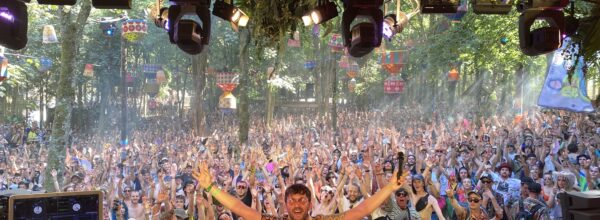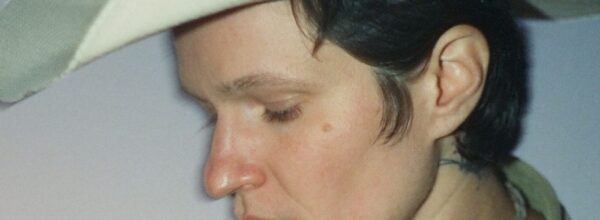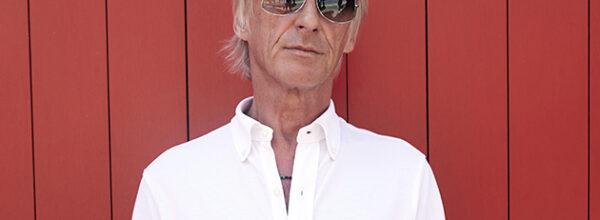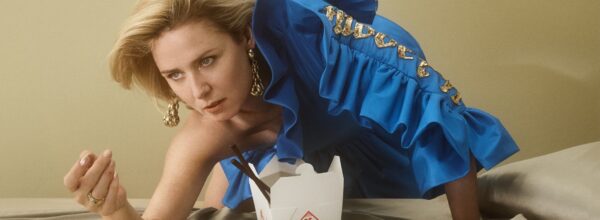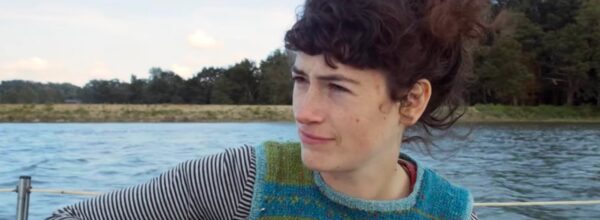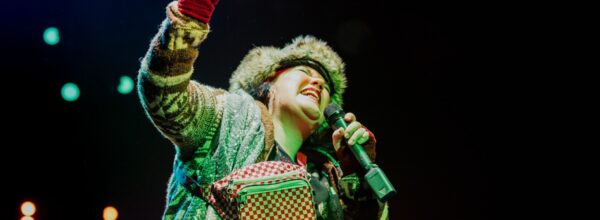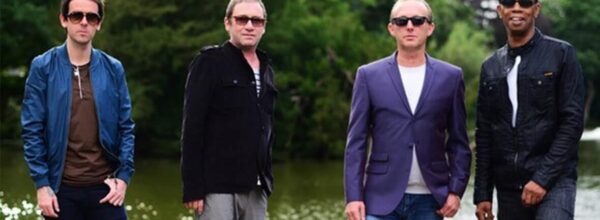2nd June 2015
 This month, FellSwoop Theatre bring Current Location to the Trinity Centre. Set in the aftermath of the Fukushima nuclear disaster in 2011, Toshiki Okada’s play explores how rumour and the fears associated with climate change disrupts families and communities.
This month, FellSwoop Theatre bring Current Location to the Trinity Centre. Set in the aftermath of the Fukushima nuclear disaster in 2011, Toshiki Okada’s play explores how rumour and the fears associated with climate change disrupts families and communities.
Presented by the much-lauded FellSwoop Theatre, this is a show not to be missed. Ahead of its first showing on 4th June, we caught up with co-director Bertrand Lesca about the play.
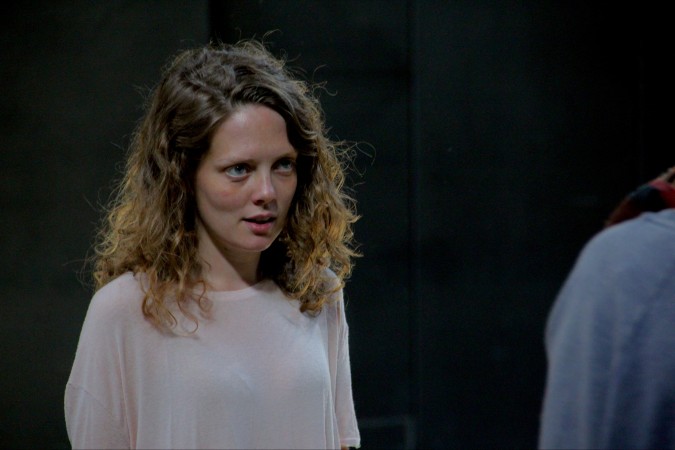
Initially, we were going to work on another play of his called We are the undamaged others. But when I met Okada in Tokyo, he was presenting Current Location which had had a tremendous impact in Japan. He suggested we take on this particular play instead of the one I had chosen initially.
Seeing Current Location in Tokyo, I witnessed the entire audience changed during the course of the play. The ideas explored by Okada felt very close to them. They were very affected by the images he used in his play in a way that I could only understand having been in Japan and experiencing the same fears about the effects of the radioactive spill.
I said to Okada that the only way that the people in England could experience the play in the same way that the Japanese audience did was to adapt and re-write Current Location completely. He agreed and gave us full license to do that.
No, but he saw a filmed version of Five Days in March which he really liked. He said we’d made it our own which for him was the most important thing. This is also what we tried to do with Current Location.
Despite the play being internationally acclaimed for some time there have been no revivals either here in the UK, nor it seems in Europe more widely. Why do you think it has taken so long for it to break through here?
We picked Current Location for our summer season this year because it seemed to address some important issues about what is going in our world right now. Naomi Klein’s book This Changes Everything was released earlier this year, then came the general elections and the next Climate Change summit which will be held in Paris in December. We needed to discuss these issues again and show this work to even more people.
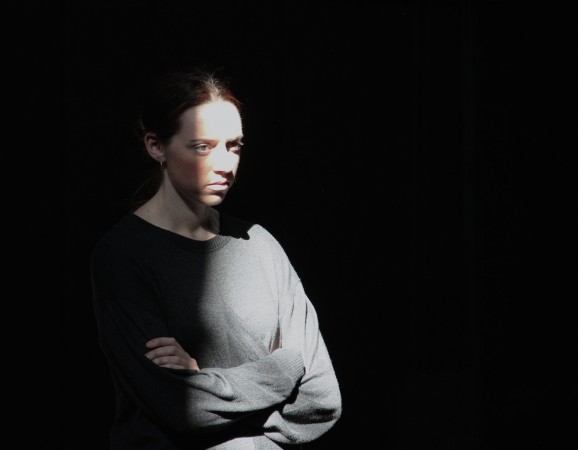
You’ve selected the Trinity Centre as the venue for the play here in Bristol. What attracted you to it?
The show was created to be performed in a choir rehearsal room. We are very keen to make it quite immersive for the audience so they experience the villagers’ anxieties very closely as if they are in the same room as them. If audiences were to experience the blue cloud in the same way as the characters, maybe they would understand what’s actually at stake in this urgent debate.
Brighton and Edinburgh especially are very interesting places for companies like us. This is where we can meet a lot of audiences and other artists. This is also where we see other companies’ work that inspires us and puts our own work into question. We are hoping that Current Location will initiate an exchange between us the artists, and our audiences in a way that we have never experienced before.
Kevin McGough



